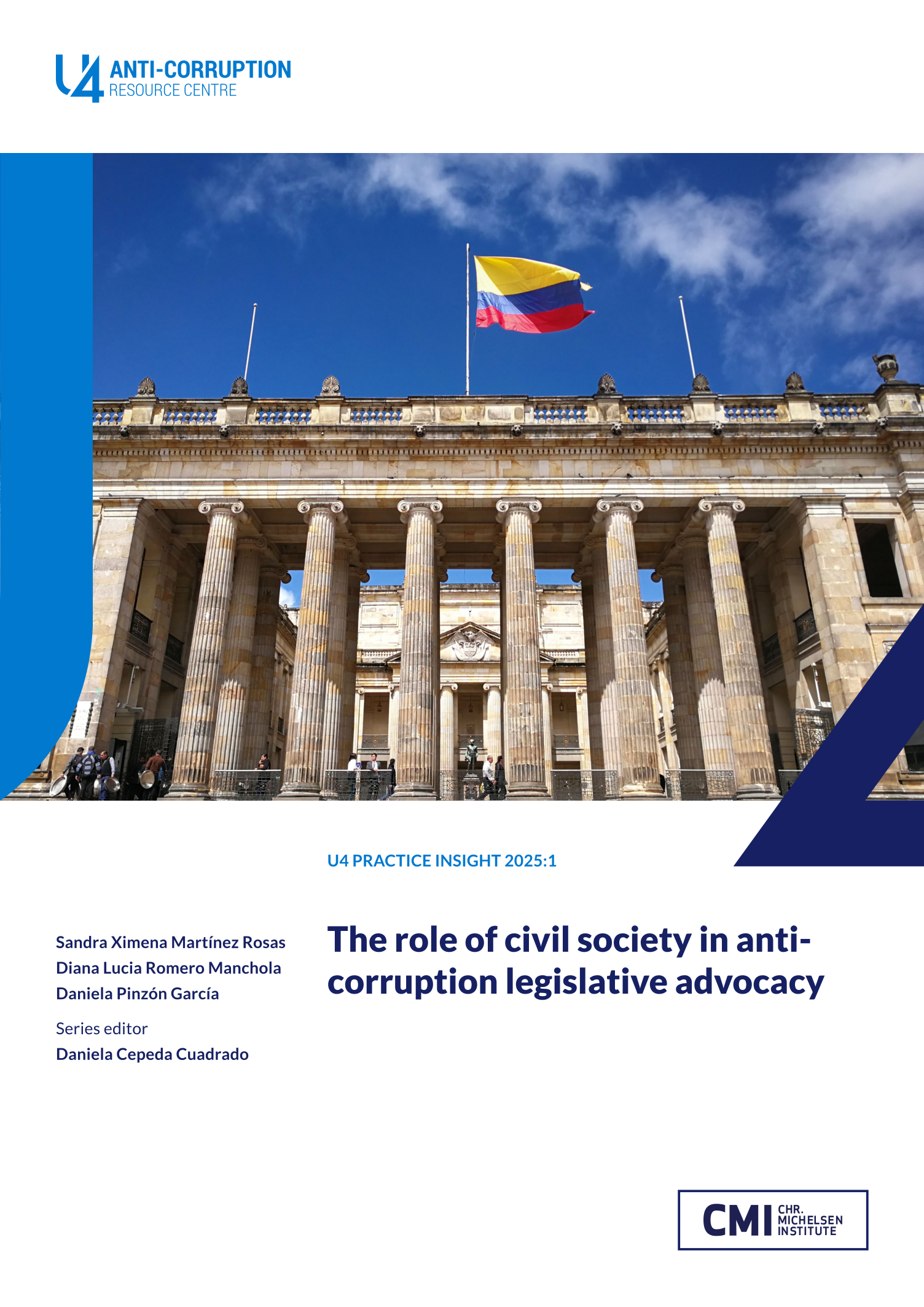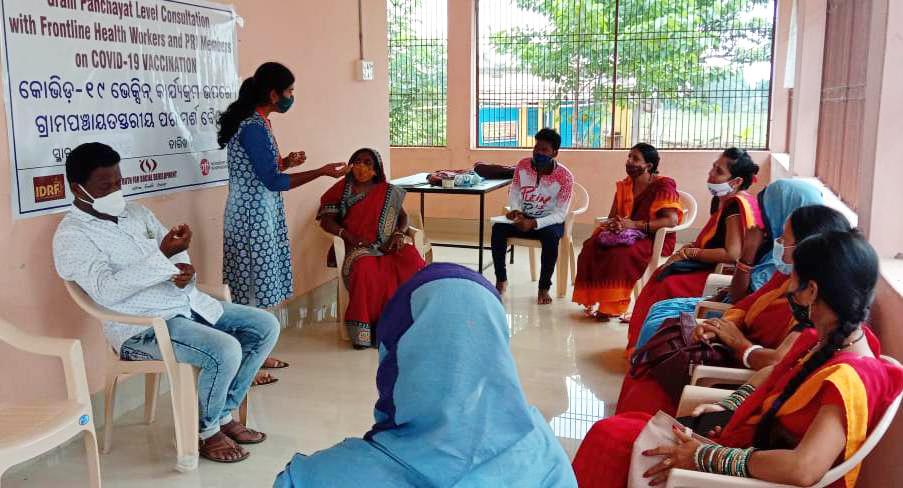Main points
- Civil society’s legislative advocacy presents an opportunity to strengthen legislation for the common good – rather than posing a risk to public management.
- Engaging anti-corruption civil society organisations (CSOs) in the legislative process is essential. It allows legislators and government officials to harness the expertise of these organisations to reinforce the anti-corruption framework and mitigate corruption risks within all type of bills.
- Anti-corruption CSOs face multiple challenges in legislative advocacy. These include: successfully incorporating their observations and recommendations into bills; aligning their agendas with those of Congress members and public entities; coordinating dialogue between CSOs, legislators, and government officials; building internal capacities for effective advocacy; and fostering collaboration with other CSOs, which is often hindered by a lack of consensus and competition for credit.
- Successful legislative advocacy requires continuous identification and prioritisation of available windows of opportunity and associated barriers, to develop innovative strategies and tools that best achieve the desired advocacy goals.
- Strengthening anti-corruption legislative advocacy demands a coordinated effort. Anti-corruption CSOs provide expertise; members of Congress and government official facilitate access and engagement in bill discussions; and the international cooperation community offers financial and technical support.
- CSOs are encouraged to publish advocacy activities and their interactions with decision makers, as well as define the ‘red lines’ for advocacy actions. Donors should create funding opportunities to support CSOs conducting such activities while government officials should strategically prioritise bills to advance the strengthening of the anti-corruption framework.



